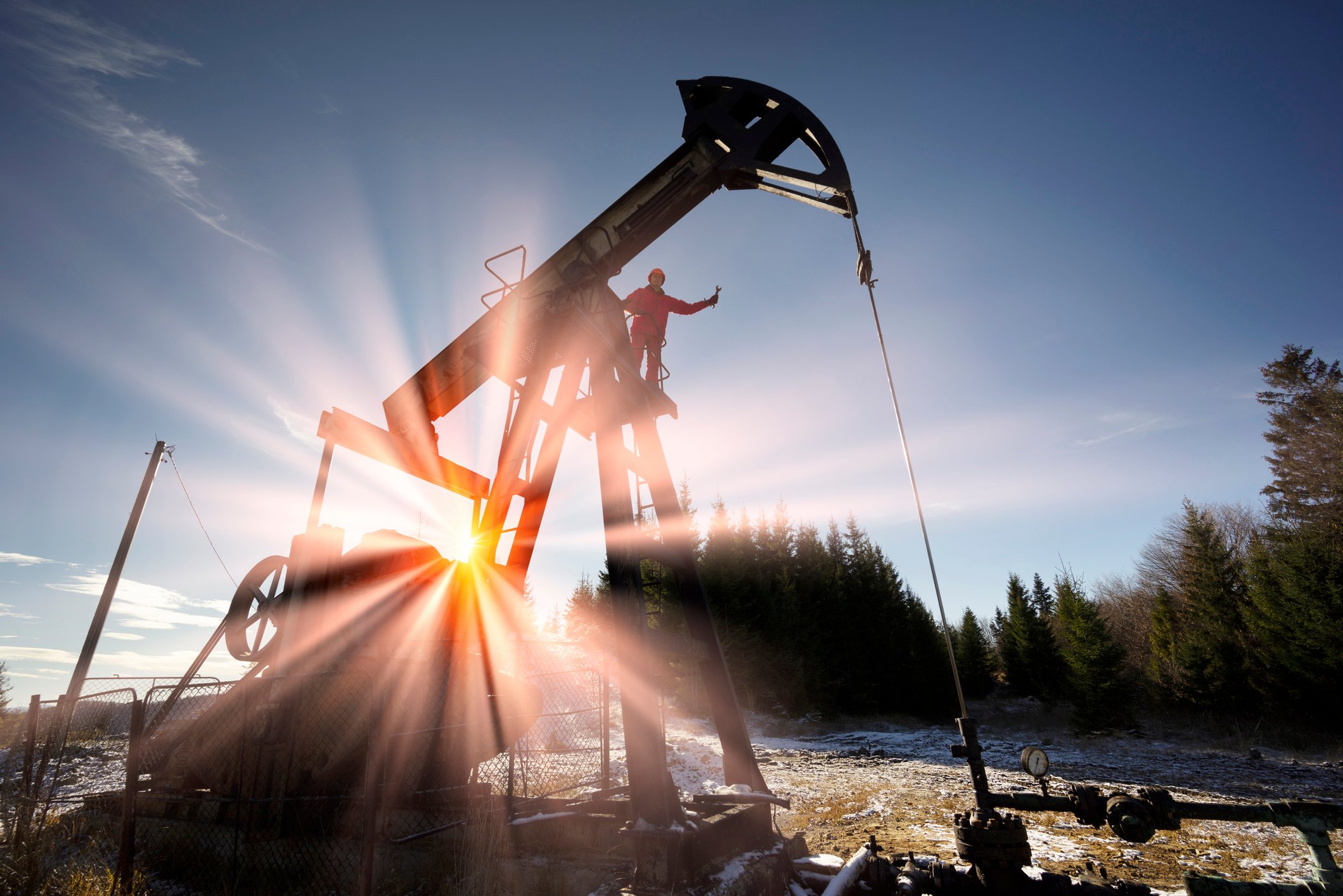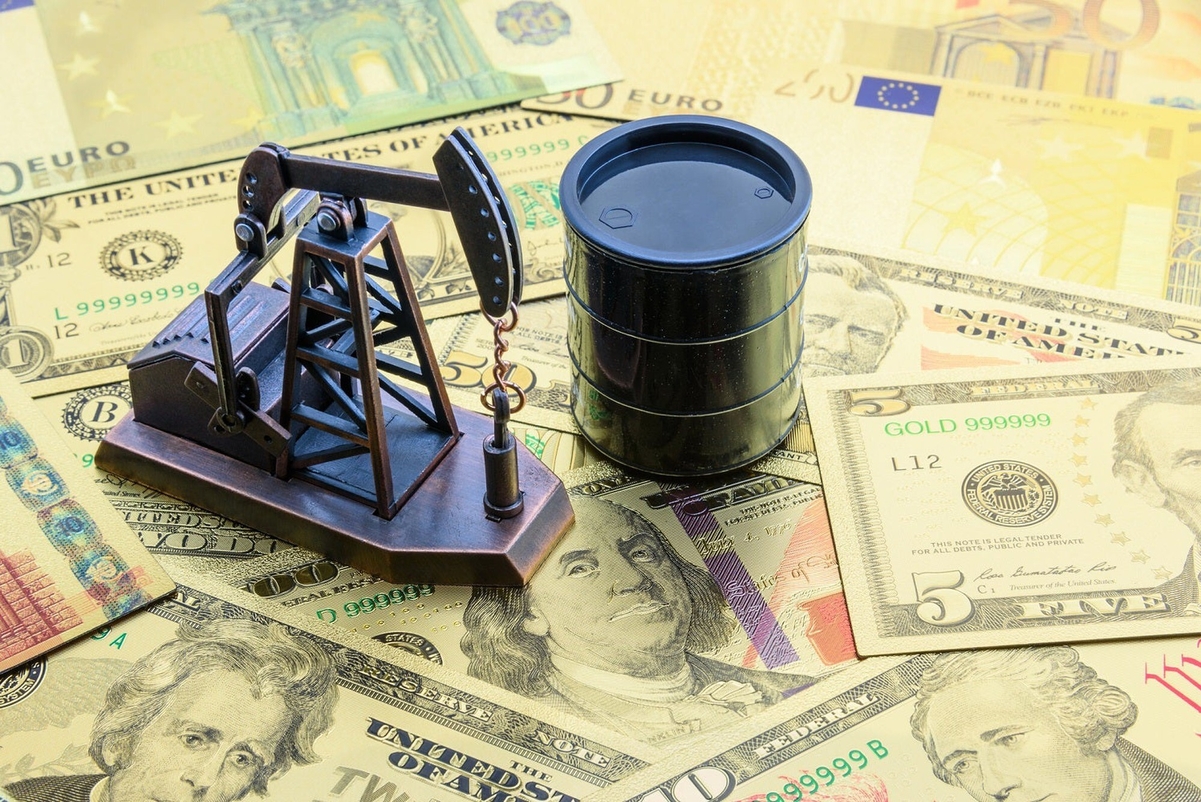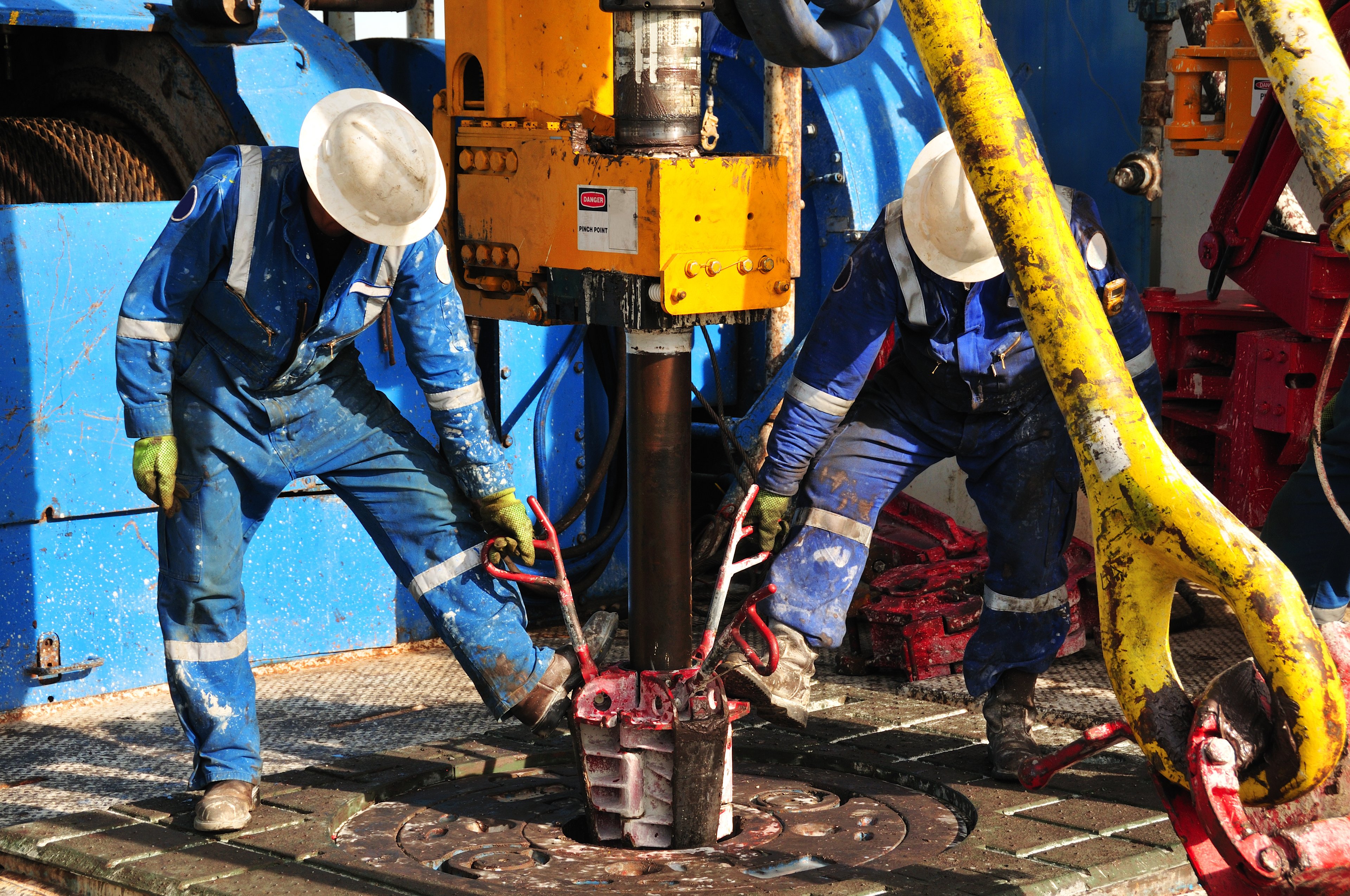Oil and gas prices remain at challenging levels for most energy companies. Devon Energy (DVN +5.55%), however, isn't like most of its rivals because it has repositioned its business to thrive at lower prices. That was evident in its third-quarter results, which came in well above expectations.
A closer look at Devon Energy's third quarter
|
Metric |
Q3 2019 |
Guidance or Expectations |
|---|---|---|
|
U.S. oil production |
148,000 BPD |
141,000 to 147,000 BPD |
|
Core earnings per share |
$0.27 |
$0.19 |
Data source: Devon Energy.
Devon's oil production surged above the top end of its guidance range. Overall, the company beat the midpoint by 3% as output jumped 19% year over year.
The biggest contributor was the company's position in the Delaware Basin, where its output has skyrocketed 59% over the past year. Devon brought 15 high-rate wells in the region on line during the third quarter, which supplied it with lots of low-cost oil.
The company also benefited from surging production in the Powder River Basin. Devon completed 18 new wells in that region last quarter, which helped fuel a 33% year-over-year jump in its production.
The growth in those two areas helped offset lower sequential output in both the Eagle Ford Shale and STACK play in Oklahoma. The company didn't complete any wells in the Eagle Ford during the quarter due to timing, while its STACK production slid due to its focus on generating free cash flow from that asset.
Devon's strong production, when combined with a 19% year-over-year decrease in costs, enabled it to generate expectation-beating earnings even though energy prices were weaker. It also allowed the company to produce a gusher of operating cash flow, which rose 22% from the second quarter to $597 million. That financed all the company's capital expenses with $56 million left over. The company used that free cash, as well as its cash on hand, to further reduce debt and buy back stock.
Devon paid off another $1.5 billion in debt during the quarter, pushing the total down to $4.3 billion. Meanwhile, it bought back another $550 million in shares, bringing its total repurchases to $4.8 billion, which has retired 28% of its shares outstanding. It ended the quarter with $1.7 billion in remaining cash and about $200 million left on its current share repurchase authorization.

Image source: Getty Images.
A look ahead
Devon Energy's expectation-beating production enabled it to increase its full-year forecast for the third time this year. The company now expects its oil output to rise by 20% to 21% this year. This faster production growth comes even though Devon plans to stick with its $1.83 billion to $1.87 billion capital spending plan.
The oil company also provided its preliminary view for 2020. It expects to spend between $1.7 billion and $1.9 billion on exploration and production activities next year, which is enough money to grow its oil output by 7% to 9% from this year's level. It can fund that plan as well as its dividend as long as oil averages $48 a barrel. That sets it up to produce a significant amount of free cash flow if oil remains around its current level.
At $55 a barrel, which is a bit below the recent price, Devon could produce $400 million in free cash. Meanwhile, it could still generate about $125 million in free cash flow if crude slumped back down to $50 a barrel. That will give the company the funds, when combined with its cash on hand, to repurchase more shares (it aims to retire another 6% to 8% of its outstanding stock in 2020).
Well positioned for whatever is ahead
Devon Energy has aggressively repositioned its portfolio and balance sheet in recent years. Because of that, it now possesses four low-cost oil-focused assets and a cash-rich financial profile. That's giving it the flexibility to grow production while also returning money to its investors even if oil prices remain low.






